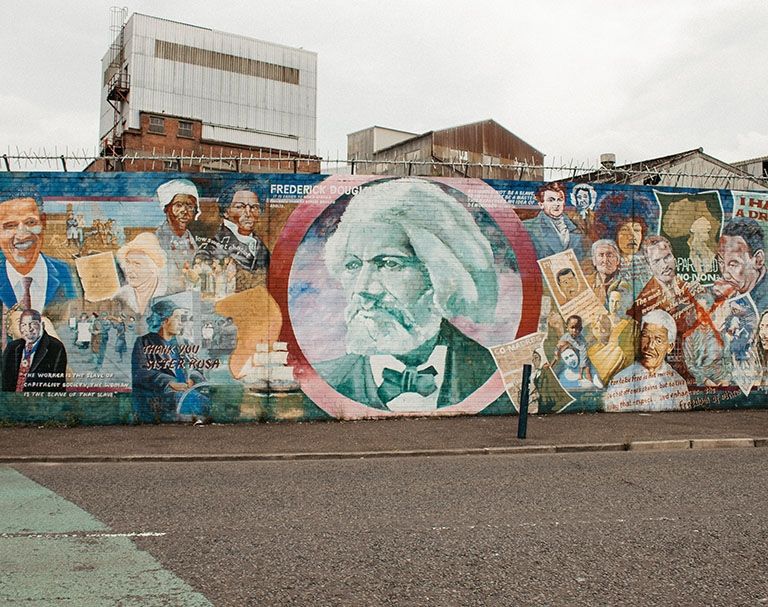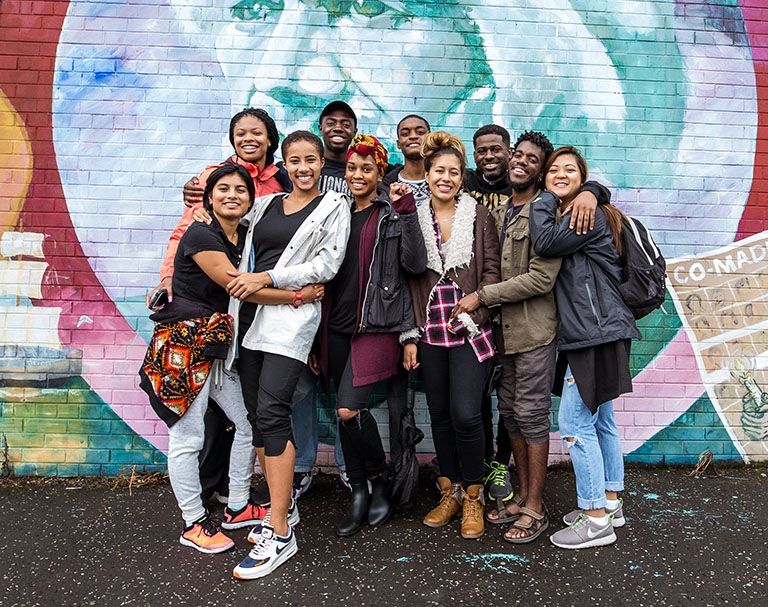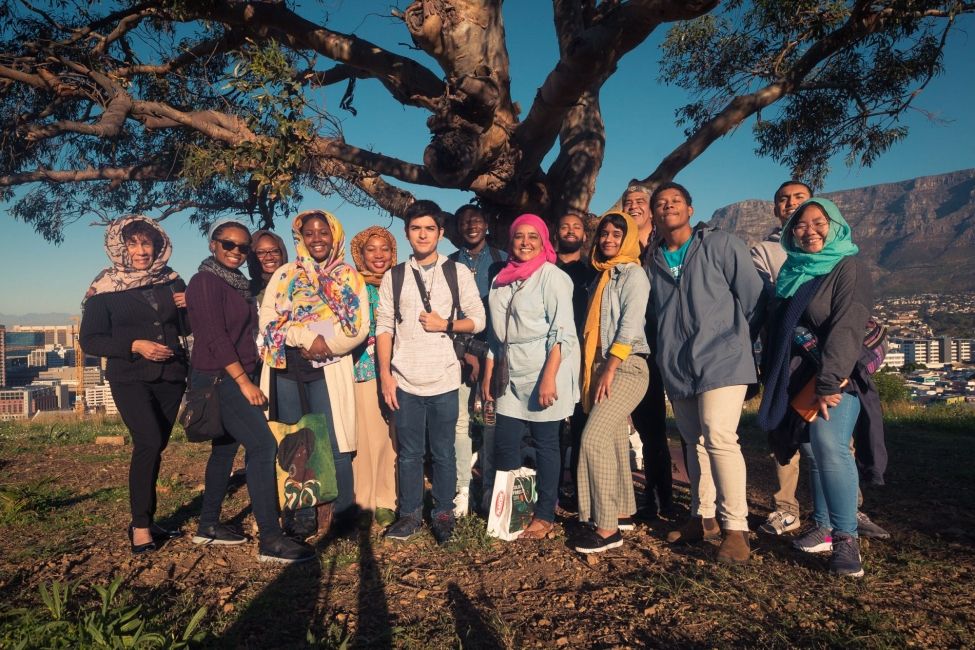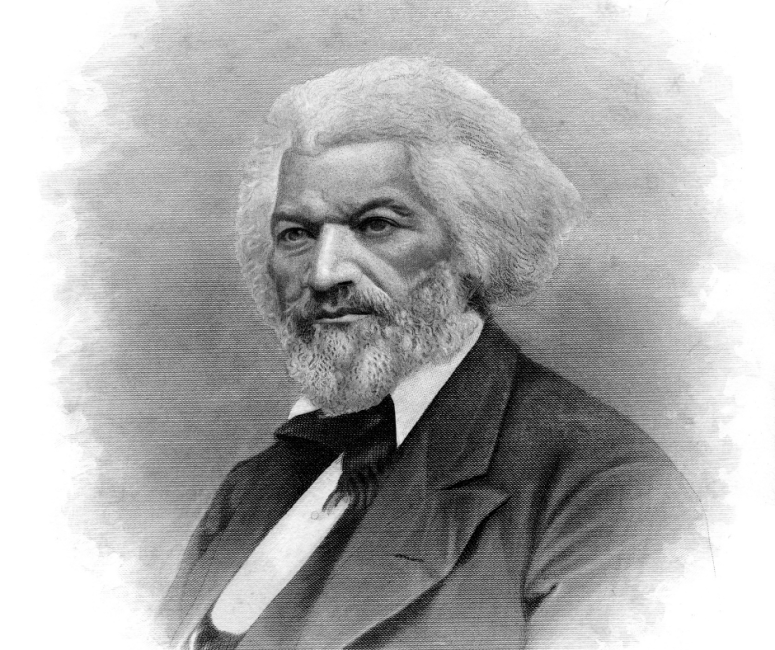Frederick Douglass and the Spirit of Study Abroad
In the summer of 1845, Frederick Douglass, an American abolitionist, boarded a ship bound for Britain. The journey offered a cultural experience for Douglass that he couldn't have experienced on American shores.
In England, the British Atlantic slave trade had ended nearly 40 years prior and slavery was abolished in 1833. At the time Frederick Douglass had fled Maryland for freedom in New York City, thanks to the help of his wife, Anna Murray Douglass, but was still considered property of the Maryland slave owner, Thomas Auld. As publicity of Douglass' attendance at regular abolitionist meetings started to increase, friends and mentors feared the attention would attract the Auld family to try and get their "property" back. Douglass followed in the footsteps of many former slaves and traveled overseas to tour England and Ireland.

During his two year journey abroad Frederick Douglass gave many lectures and speeches, sharing the stage and finding inspiration from well-known anti-slavery leaders. Although he didn't always receive a warm welcome, the opportunity brought him to an important realization that what he was experiencing in the UK was freedom, something he had never felt at home. Many of the lectures he gave addressed the cracks in freedom within the United States. In England, Douglass delivered what would become one of his most famous speeches, most commonly referred to as the London Reception Speech. He stated "What is to be thought of a nation boasting of its liberty, boasting of its humanity, boasting of its Christianity, boasting of its love of justice and purity, and yet having within its own borders three millions of persons denied by law the right of marriage?… I need not lift up the veil by giving you any experience of my own. Every one that can put two ideas together, must see the most fearful results from such a state of things…”
This trans-Atlantic trip was revolutionary to Douglass' life. It shaped his views on freedom and inspired a renewed sense of urgency to continue the fight against slavery in the United States. The momentum of the speaking tour also help secure Douglass' own legal freedom. British supporters, led by Anna Richardson and her sister-in-law, Ellen Richardson, raised funds on behalf of the abolitionist to buy his freedom from his American "owner."
Upon return to the United States, Douglass continued the fight for freedom. He started publishing his abolitionist newspaper The North Star, was an integral part of the Underground Railroad, and was the only African American to attend the Seneca Falls Convention in support of the fight for women's rights. Here he delivered another famous speech, "What to the Slave is the Fourth of July?" calling on many of the experiences he had abroad to draw together a speech outlining the injustice of slavery and the stark contrast this act held in comparison to the beliefs of the colonists that sparked the American Revolution.
Growing up Frederick Douglass was treated as property. The inhumane and unjust experiences fueled him, but it was the two years abroad in Europe that transformed him. It was during his time overseas that he was treated with respect and dignity in a way he never had been before and the legacy that transpired continues to influence American culture each and every day.

About the Frederick Douglass Global Fellowship
The Frederick Douglass Global Fellowship is an ongoing effort to make study abroad accessible to students of color. Ten full scholarships are awarded annually based on a combination of financial need, academic achievement, and nominations from students' school leadership. Consistent with Douglass' legacy, Frederick Douglass Global Fellows are meritorious individuals who demonstrate high academic achievement, possess exemplary communication skills, display the hallmarks of self determination, exhibit characteristics of bold leadership, and have a history of service to others. Learn more.


